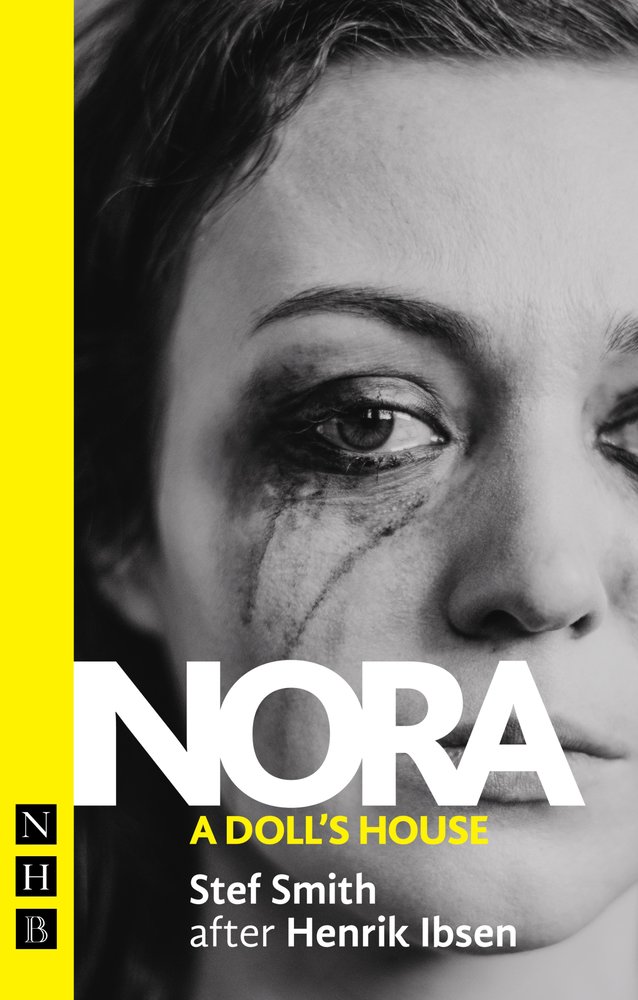Nora is the perfect wife and mother. She is dutiful, beautiful and everything is always in its right place. But when a secret from her past comes back to haunt her, her life rapidly unravels. Over the course of three days, Nora must fight to protect herself and her family or risk losing everything.Henrik Ibsen's brutal portrayal of womanhood caused outrage when it was first performed in 1879. This bold new version by Stef Smith reframes the drama in three different time periods. The fight for women's suffrage, the Swinging Sixties and the modern day intertwine in this urgent, poetic play that asks how far have we really come in the past hundred years?Nora : A Doll's House was first produced by the Citizens Theatre, Glasgow, in 2019, at Tramway, Glasgow.


